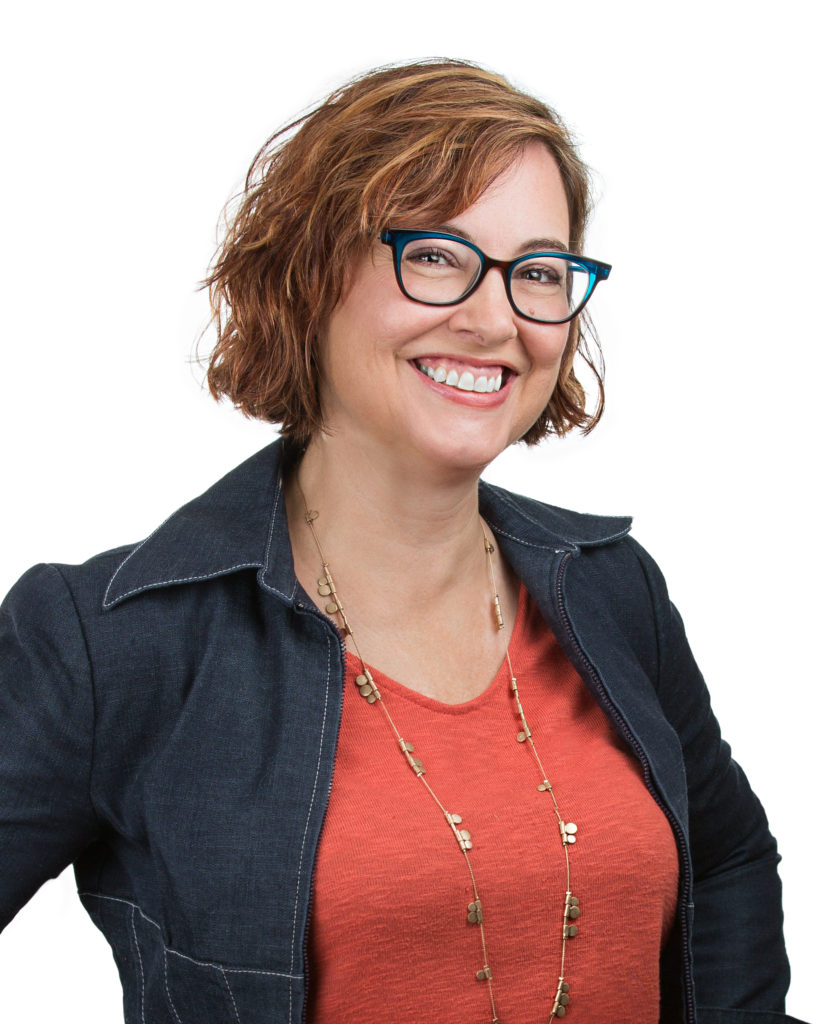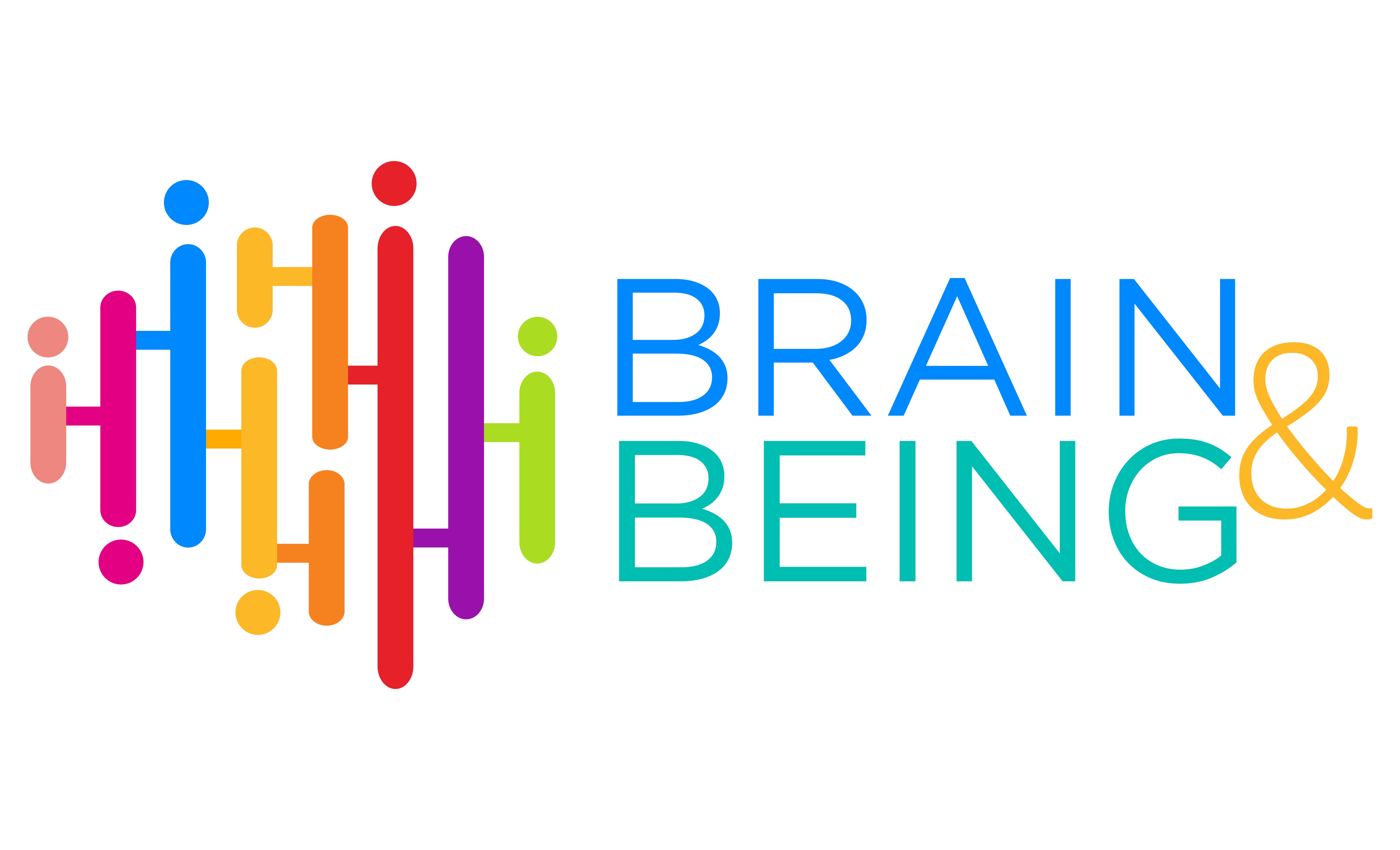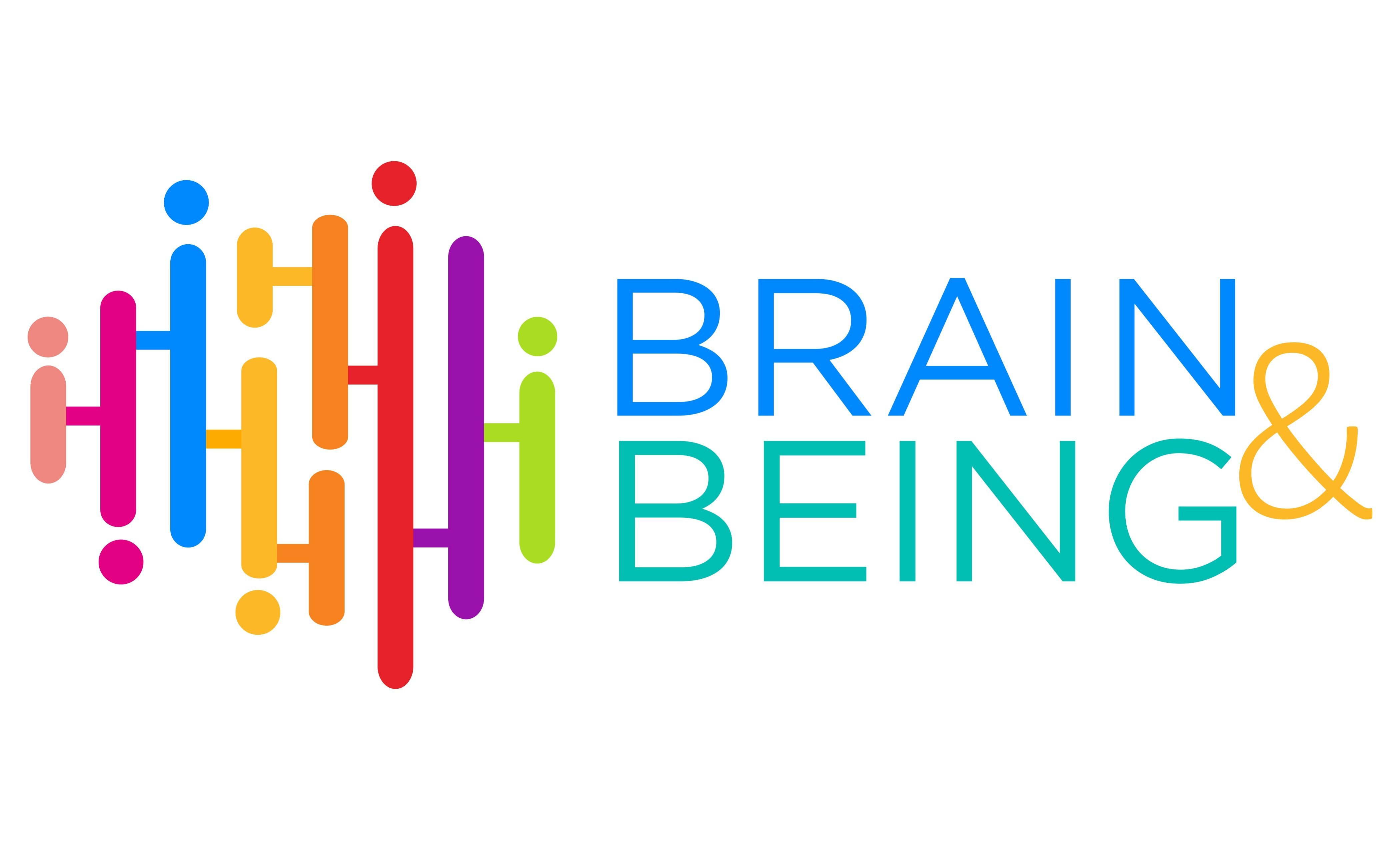
My name is Morgan. I am a certified school psychologist, learning specialist, and educational therapist. I have worked with children of all ages for over twenty years. I started my career in a public school that served students with severe emotional and behavioral disorders.
I have worked with students with dyslexia, dysgraphia, ADHD, learning disabilities, autism, Asperger’s, emotional and behavioral disorders, speech-language disorders, vision impairments, hearing impairments, seizure disorder, developmental delays, intellectual disabilities, traumatic brain injury, and probably others that I can’t think of at the moment.
I have also worked with many typical students who were struggling with some aspect of school or life.
I have worked with gifted students and their teachers to help provide appropriate enrichment. I have worked as a teacher, counselor, case manager, school psychologist, tutor, and learning specialist.
I was not a great student. I struggled with time management and procrastination. I didn’t know how to study effectively or take good notes. I spent a lot of recess time inside finishing my work, but I didn’t mind. I was easygoing to a fault. As I got older, I struggled to find inspiration and connection with school work. This mindset helped to feed my procrastination.
I only began to learn how to put study strategies and learning techniques into play when I was in college. I only got good at it in graduate school. But I struggled a lot on the way to that place. While supportive and loving, my parents did not help me learn to be a student. Sadly, neither did my teachers.
My education and experience have shown me that these things are absolutely teachable. My dream is that I can help families support their children in the very long educational journey of their lives.
I have two boys, ages nine and thirteen, so a perpetual tornado is making its way through my house. My husband is funny, hardworking, a great dad, and a great friend. I am the oldest of four girls and acquired my maternal qualities at a young age. I tend to be messy but try to tame that quality.
Besides education and kids, my interests include gardening, reading, cooking, and decorating. (Sounds very domestic in writing – not a word that most would use to describe me). I tend to dig into any topic I am interested in and learn everything I can. My hobbies tend to be rotating obsessions. I also do most things with a pinch of sarcasm and dark humor. I learned to laugh at myself a long time ago (I’m still getting better at it).

Why Brain and Being?
Brain and Being is the place where the science of learning meets the heart of the student.
After years of hearing about how to achieve “balance” in life, some are starting to question this ideal. After all, there are times when one thing or another really does need to take priority. I think the original idea of finding balance was less about making sure everything was totally equal as it was avoiding totally neglecting one aspect of your life in favor of another. This is what I mean by balance.
We see students who are making the grade but suffering for it. They push themselves to take course loads that require sacrificing sleep, socializing, and fun. Academic achievement has taken priority over other important aspects of life, at a time when development is particularly sensitive. This is an unhealthy imbalance.
On the other hand, we see students who put off school work in favor of any distraction that comes their way. The time spent on academics is rushed and sloppy. They are putting too little effort into their work to be successful.
We believe that the whole person must be considered and taken care of in order for any part of the person to be successful. This means that a student’s sleep habits might be more important for the moment than their study skills. It might mean not taking one more AP class or it might mean taking a year off of a sport. It might mean being okay with less than straight A’s. It might mean that the most reasonable goal right now is just not failing any classes.
Balance also means that we value science and information but also practice and experience. A teacher who knows all of the latest neuroscience and learning research may still be ineffective if they don’t know how to connect with their students or create a safe learning community. On the other hand, all the heart in the world can’t create good teaching.
